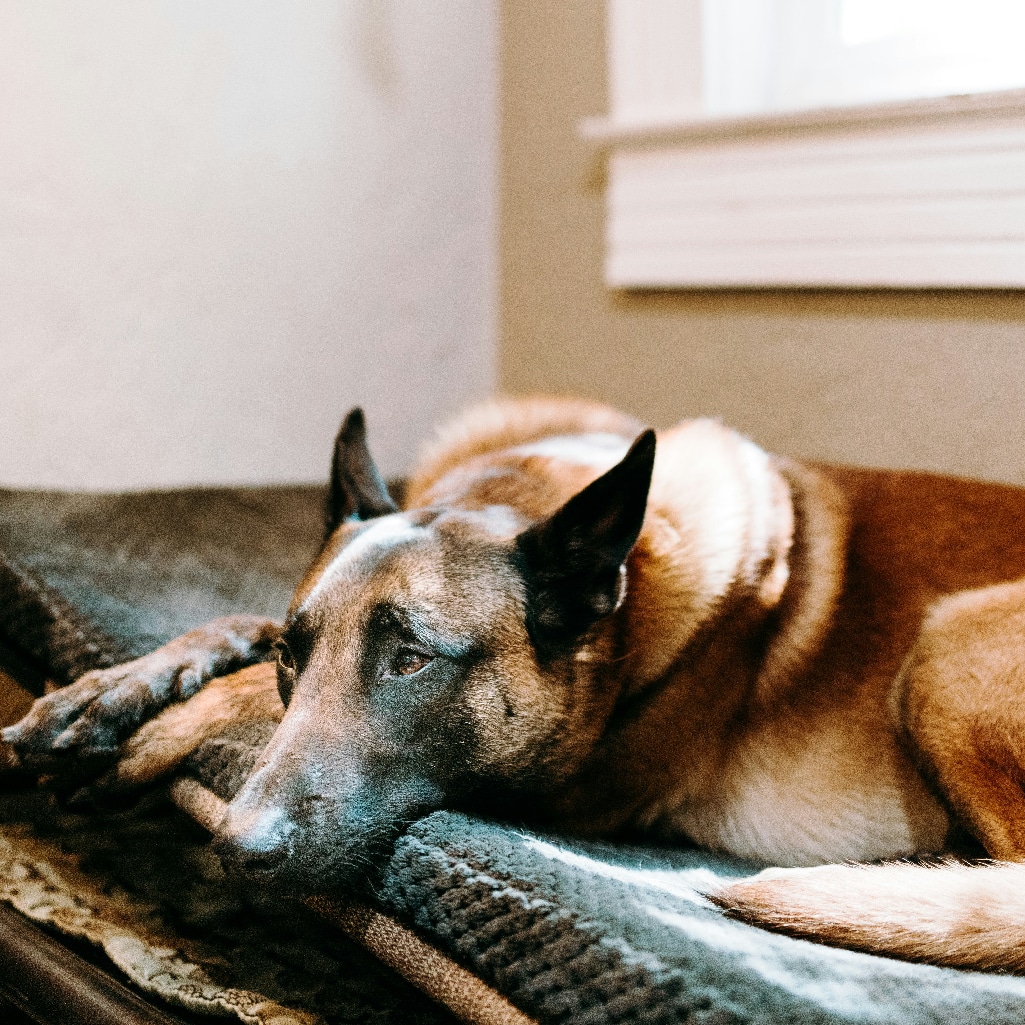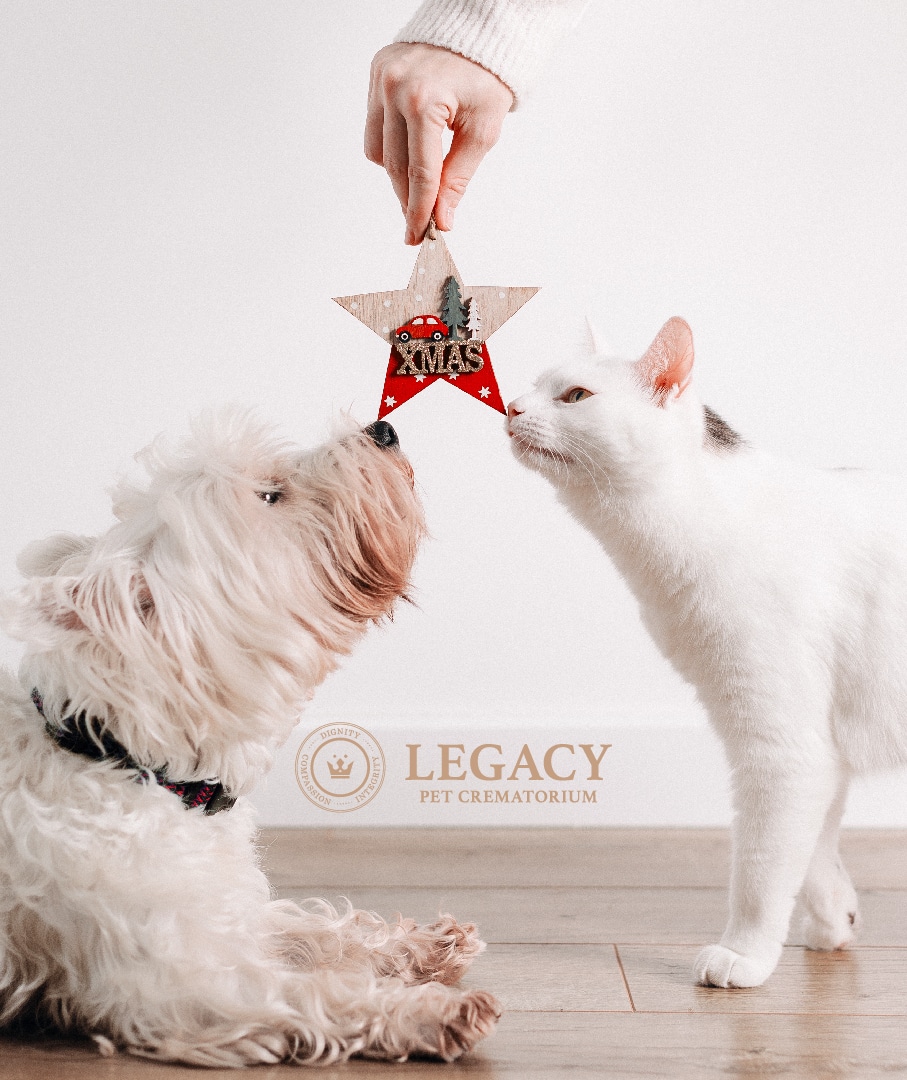
Pet euthanasia is an option us as pet owners think about as and when your pet faces a terminal illness or the natural decline that comes with age. Making decisions about their end-of-life care becomes essential. Here’s how to approach this difficult time with compassion and understanding.
Your primary concern should be to ensure your pet is free from pain and distress. Regular vet visits can help identify and manage any health issues that may arise. Since your pet may spend considerable time resting, ensure their bed is comfortable and supportive to prevent pressure sores.
It’s important to monitor your pet’s overall well-being. While occasional bad days are normal, persistent symptoms may indicate a declining quality of life. Consult your vet if your pet frequently shows any of the following signs:
Pain in pets can manifest through various behaviors. Watch for these signs that your pet may be experiencing discomfort:
Pet euthanasia is a compassionate, pain-free way to end a pet’s suffering. Vets are specially trained to perform this procedure, which typically involves administering a sedative followed by a medication that gently and quickly ends the pet’s life. The entire process takes about 10 to 20 seconds, and your pet will not experience any distress. Your vet can help you decide when it’s time to consider euthanasia, using observations about your pet’s quality of life as a guide.
Grieving the loss of a pet is a natural process. Memorialising your pet and sharing memories with loved ones can provide comfort. Don’t hesitate to seek support from friends, family or support groups. If your grief feels overwhelming or prolonged, consult a healthcare provider for additional support.
Speak to your vet about cremation options through Legacy Pet. We offer communal cremation and private cremation with the Return of Ashes. We also offer a variety of keepsakes to cherish your precious memories.
By preparing for the end-of-life care of your pet and understanding what to expect, you can navigate this challenging time with empathy and love, ensuring your pet’s final days are as comfortable as possible.

Our Legacy Memorial Store features products crafted with love by talented South African artisans. To give them a well-deserved Christmas break, please note:
Thank you for your understanding and support of local craftsmanship.